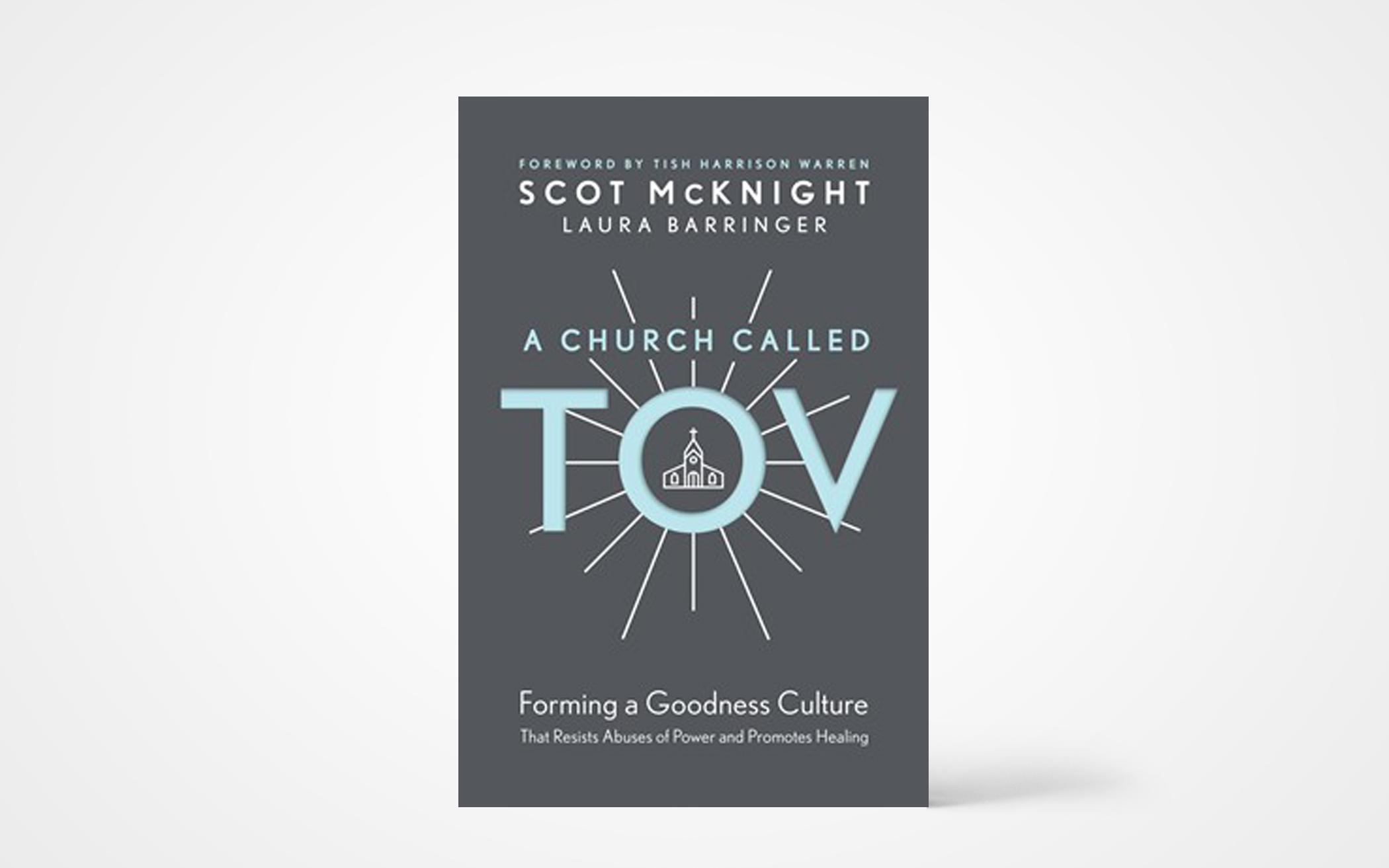This book is a long-awaited theological reflection on the #MeToo and #ChurchToo crisis in the evangelical world. As former members of the Willow Creek church, both authors recollect details of how this church mishandled scandals involving its pastor, Bill Hybels. Drawing from a wide spectrum of knowledge about human culture, organizations, psychology, and trauma-informed pastoral care, this book offers timely insights.
The first part of the book discusses how church cultures are formed and sometimes become tragically deformed. It spells out critical symptoms of a toxic church culture and concludes, “In the absence of a culture that resists abuse and promotes healing, safety, and spiritual growth, the heartbreaking truth is that churches of all shapes and sizes are susceptible to abuses of power, sexual abuse, and spiritual abuse.”
A toxic church culture does not happen in a vacuum; nor does it take shape in days.
It is important to notice that churches, like families, have distinct cultures—the ways things get done in that particular circle of social relationships. Leaders and congregants play respective roles that collectively shape a church’s culture, which takes on a life of its own and is constantly in flux. Everyone becomes responsible for whether this field of power carries out healing or corruption.
Early signs of a culture going toxic are narcissism and power through fear. Because churches often desire strong, charismatic leadership as a sign of divine blessing, they tend to attract narcissistic leaders. Installing such leaders often sends the church’s culture down a slippery rope, as narcissists often “gravitate toward enablers'' and resist oversight. In the broader cultural and media trend of “bigger is better,” a narcissistic leader faces great incentives to turn a church into his own empire. This pattern has happened repeatedly to churches, especially those with “celebrity pastors.” The authors rightly point out that American churches are so entrenched in the achievement culture that most people hope their churches will achieve “the epitome of success.”
A culture of fear of the leader is another red flag. If a church’s communication system becomes overrun by fear manifested in the leader’s approval or disapproval, it is a sign that power has been abused. In this kind of “power through fear culture,” almost inevitably a wall of secrecy separates the privileged insiders who have access to know what is going on from those who have no idea. Internal strife might increase, leading many to experience emotional trauma.
When allegations arise, toxic churches almost always follow the same script—silencing the victims, spinning Matthew 18, and spreading a false counter-narrative by blaming the victims. As the authors point out, the impact usually includes “a loss of innocence” and “growing disillusionment” among church members.
The second half of the book gives practical advice on how to build a culture of tov. The word tov comes from the Hebrew term for “good” used throughout the Bible. For example, “God saw all that he had made, and it was very tov.” Resisting a toxic culture in the church requires not only standing by the side of victims through listening and truth-telling, but also actively building a culture of goodness. The building blocks are Christ-like empathy, selfless love, grace instead of fear, justice, and service.
Given how abuse of power has been dominated by males in today’s churches, the book suggests a tov culture will intentionally include women in its leadership structure. Meanwhile, church members ought to resist a celebrity vibe and toxic loyalty within the church. The authors remind us that Jesus “refused to play the celebrity game and he didn’t mince words with the celebrity-seeking Pharisees of his day.”
This book offers much hope to advocates and survivors of spiritual abuse, as the authors compassionately share their own journey as “wounded resisters” in the same battle. (Tyndale)
About the Author
Mary Li Ma is a member of Plymouth Heights CRC church in Grand Rapids, Mich. She holds a Ph.D. from Cornell University and now works as a research analyst for a national research center on education equity.

